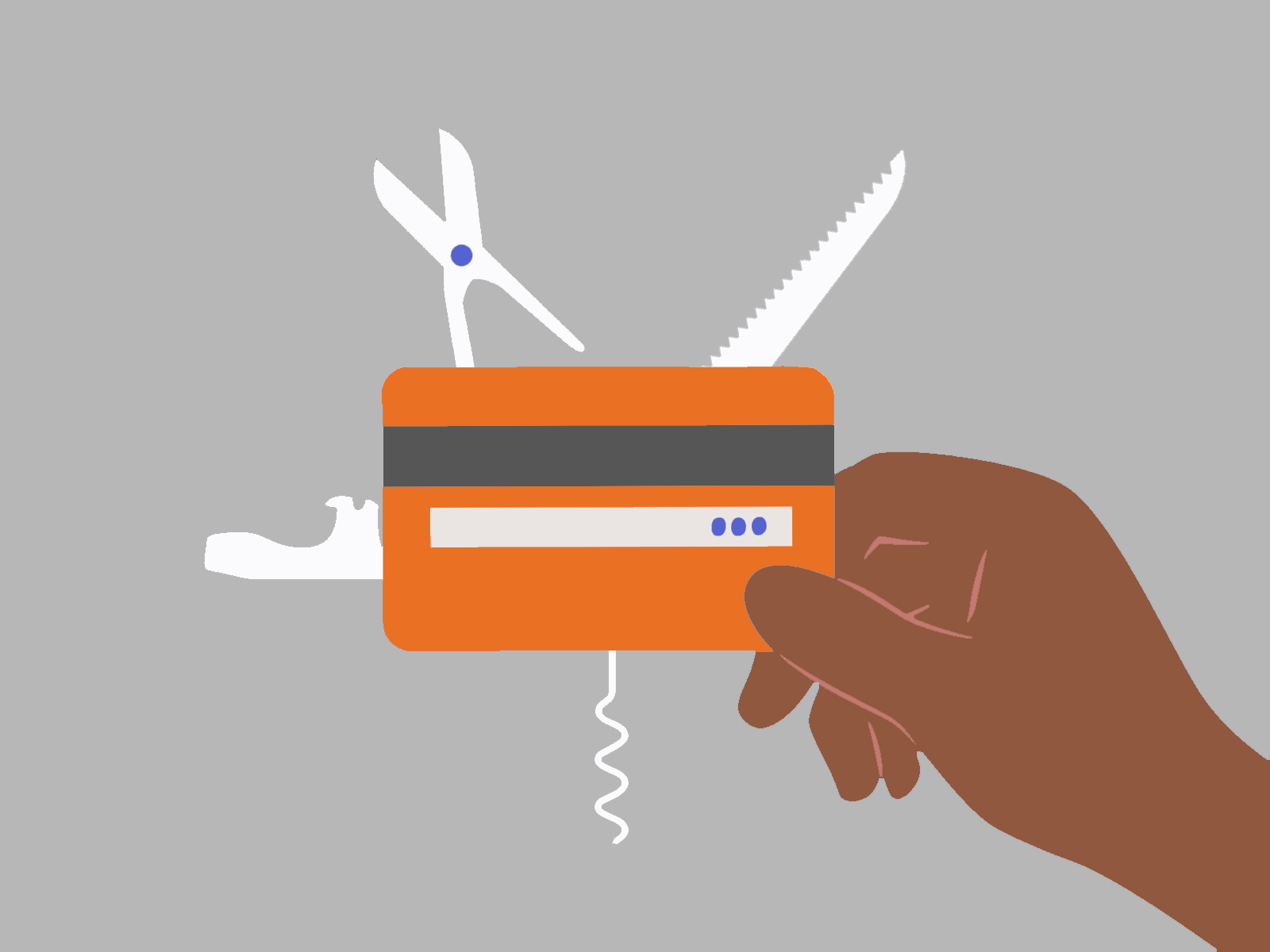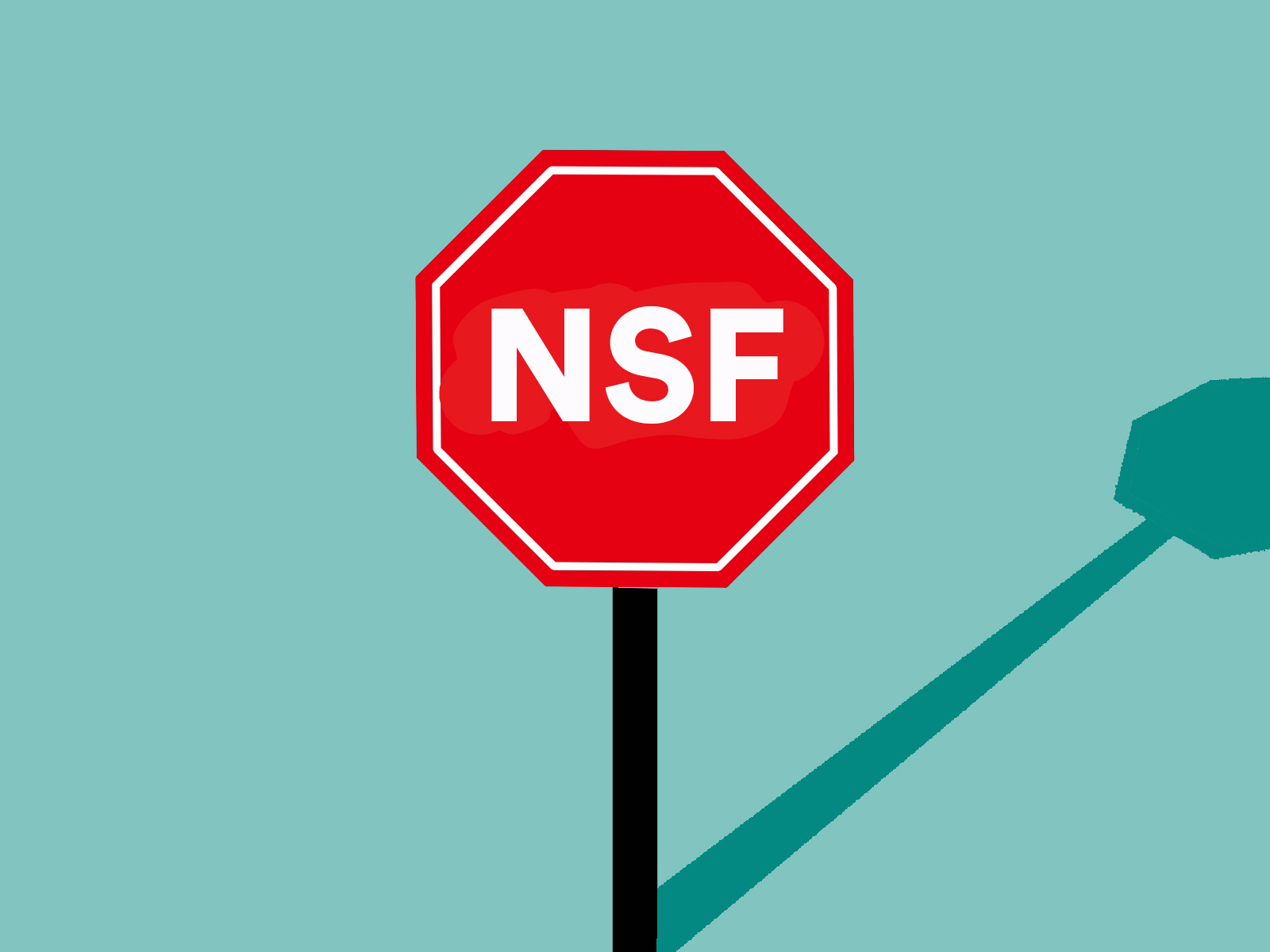What happens if you miss a credit card payment?
Canadian banks have provided over 476,000 peopleopens in a new tab with credit card payment deferrals. If you've missed a credit card payment, know that you're far from alone. If you received a deferral, it was likely only for three months.
So, what happens if you've missed a credit card payment or anticipate missing one in the future? It may not be as bad as you think and there are ways to get back on trackopens in a new tab.
What can you do to get back on track?
Option 1: Try contacting the lender, credit card company or organization to which you owe payment. Many organizations are offering special programs to assist people who experience difficulties related to COVID-19. They may allow you to delay or reduce payments, depending on your situation. If you're able to be proactive, don't wait until you've missed a payment to contact them. Try to contact them at least 5 business days before your payment due date. But remember – they don't know you're struggling unless you speak up.
Option 2: If you're carrying a balance on a high interest rate credit card, line of credit or loan, contact the financial institution that issued the card and see if you can get into a lower interest rate product.
Option 3: If you have several debts (credit cards, loans, etc.), find out if a consolidation loanopens in a new tab is right for you. If you qualify, you'll likely get a lower overall interest rate, which can mean significant interest savings, and one simple payment each month rather than having several to manage.
Option 4: If you have credit card reward points, see if you can use them as payment and/or credit towards your existing balance. You may be able to make a points payment online with your bank app.
Option 5: Lifelines are often available, so seek them out if you need help. "If on-time payments are too challenging right now, you might consider contacting a not-for-profit credit counselling agencyopens in a new tab," says Julie Kuzmic, Director, Consumer Advocacy, Equifax Canada. "Credit counsellors can provide services ranging from individual counselling to debt or money management plans. It can be challenging to tell the difference between a legitimate credit counselling agency and an expensive scam offering to "fix your credit." Your best option is to seek out an organization that is non-profit and if anyone is telling you that they can fix your credit in a few months, don't believe it, especially if they want a fee or any payment for doing so."
How missing a credit card payment affects your credit score
"It's no secret that credit scoring algorithms are complex," says Kuzmic. "In fact, two people taking exactly the same action (for example, missing a payment), could see different impacts on their credit scores."
Keep in mind, too, that your score is only one factor in your finances and doesn't define you. Check your credit report periodically to ensure everything is accurate, but don't sweat the fluctuations. The most important thing is that you take little steps each week or month to improve or maintain your situation, like adding reminders and alerts to keep you on track. Make payments on time by the payment due date. Speak to the organization you owe about setting up pre-authorized payments. If you need help, reach out.

